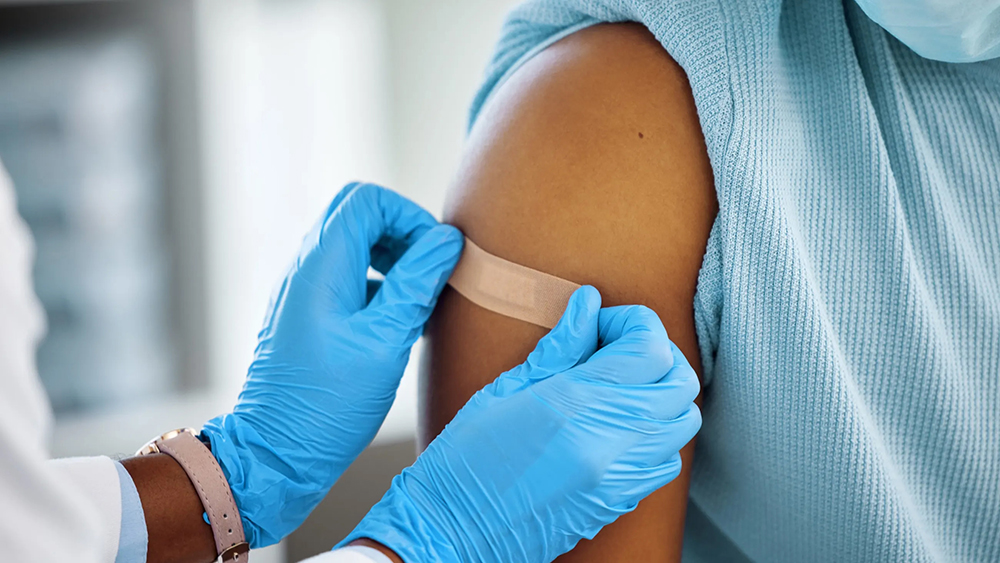Nursing & Healthcare News
New COVID-19 Boosters
Next round of vaccines will target Omicron XBB variant

Wondering what’s next for COVID-19 vaccination? New boosters and guidelines are coming this fall. Here’s what we know NOW.
Out With the Old
According to the World Health Organization (WHO), genomic sequencing data indicates that the early strains of COVID-19 that caused so much grief in 2020 and 2021 are no longer found in humans.
However, with both hospitalizations and infections on the rise, a new round of COVID-19 vaccines is set to roll out in the near future.
Viral Evolution
The existing COVID-19 vaccines, including the bivalent booster, still provide significant protection against severe illness. Unfortunately, the distinctive spike proteins of the novel coronavirus continue to evolve rapidly. The latest strains are different enough from earlier variants that they can more readily evade the antibodies produced by existing mRNA vaccines.
This means that if you’re fully vaccinated and have gotten your booster dose(s), those protective antibodies will still help to keep you out of the hospital. However, they may not prevent infection, or keep you from developing COVID-19 symptoms.












